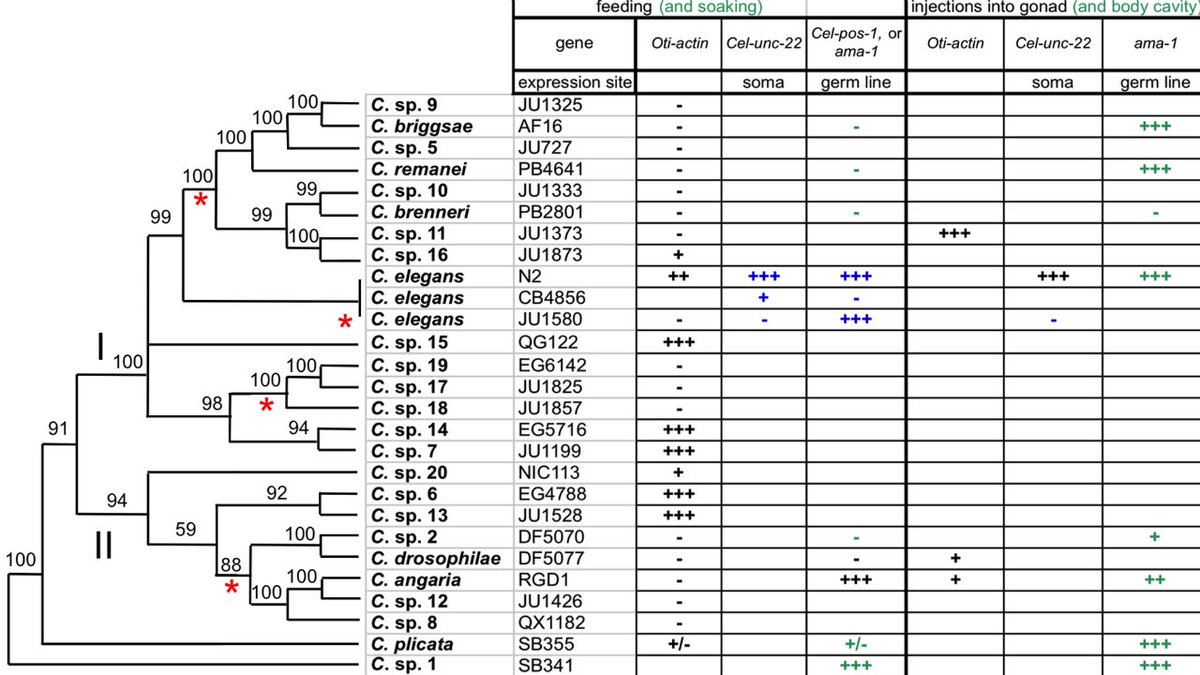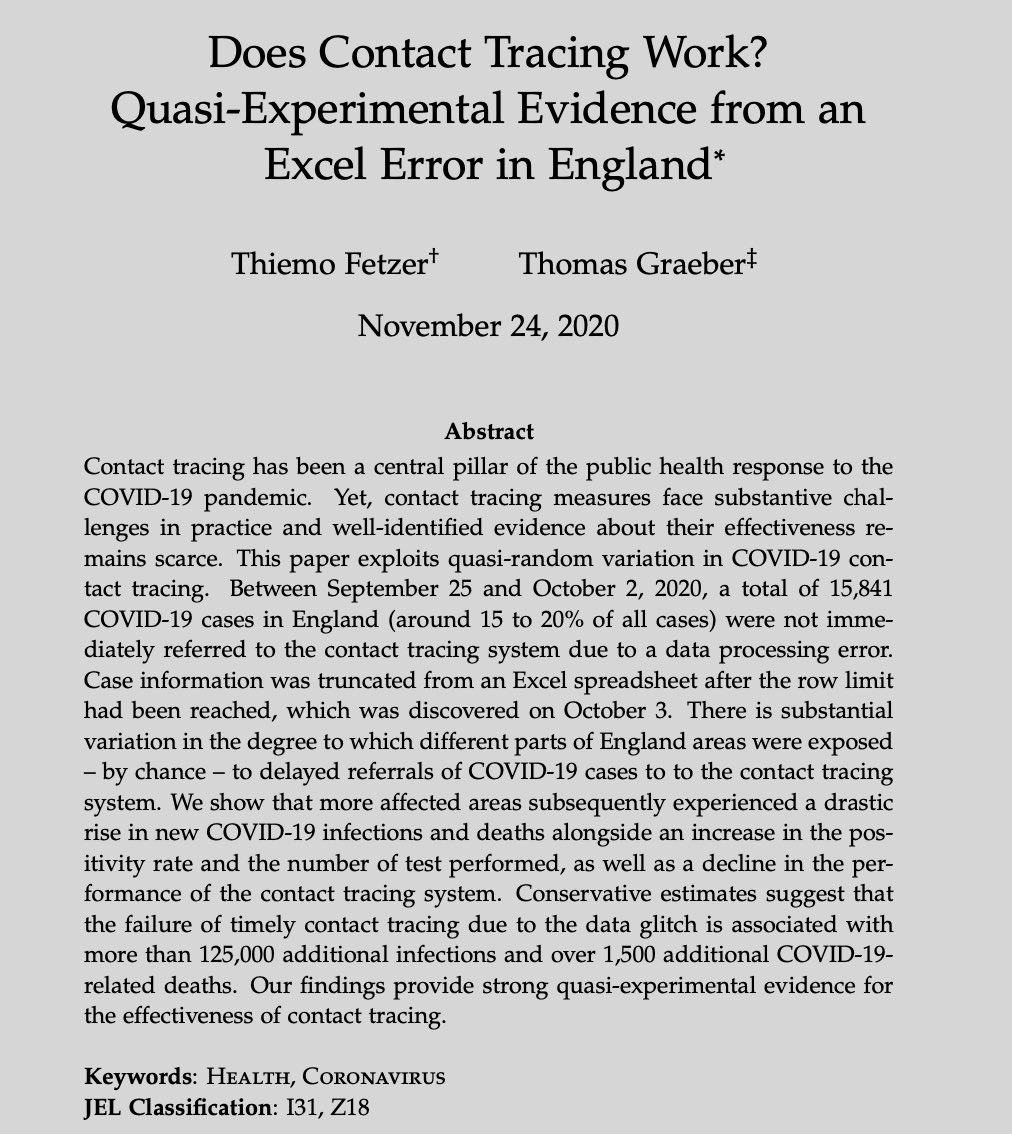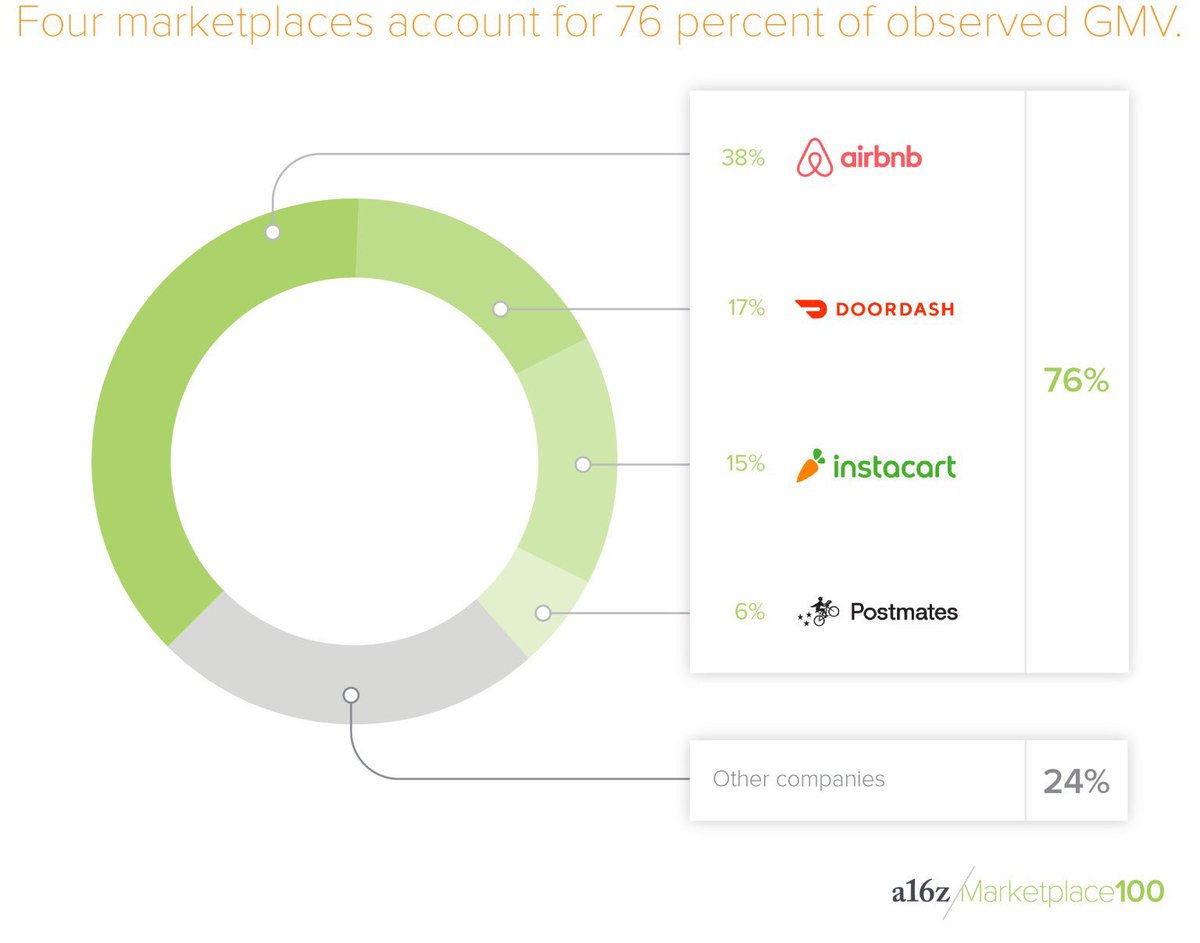
I think we underestimate how much COVID disruption will help big organizations in the long run. So many bad routines were disrupted, and new improvisation rewarded. Reminds me of this paper: when star NBA players are injured the rest of the team has improve & create new patterns. 



I’ve been talking to people at big companies that thought they would not have been able to make the switch to online, and it is clear that the sudden disruption to routines led to revelations. It is like a version of @work_matters & Rao’s subtraction game. hbr.org/2014/02/scalin… 

Plus, the fact that every other competitor was disrupted in at the same time meant a breather from competitive pressure during the most confusing period. And the backstop of government aid helped, too.
So the real question is: what did your company learn from COVID practices?
So the real question is: what did your company learn from COVID practices?
The other question is the degree to which changes in the nature of work (longer hours, faster but more meetings) will persist past COVID. Firms keeping the good stuff (including telework) while bringing back what was good about offices (info exchange) will set apart the winners.
https://twitter.com/emollick/status/1285594734027837441
• • •
Missing some Tweet in this thread? You can try to
force a refresh

















